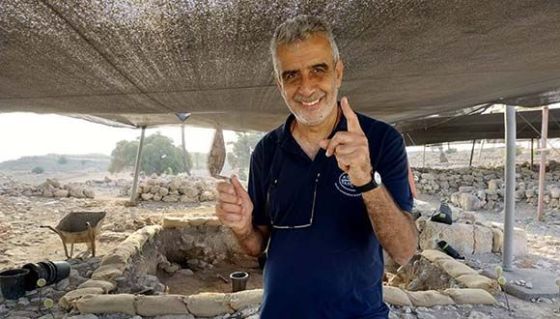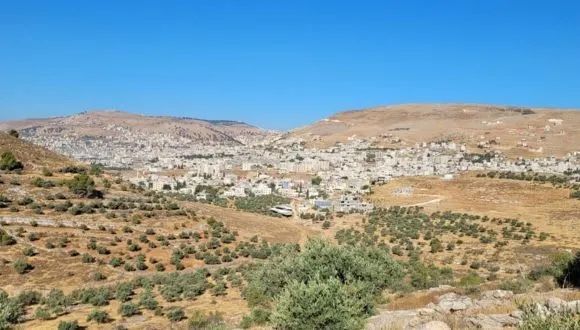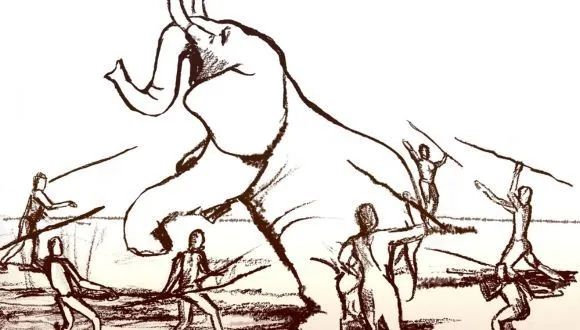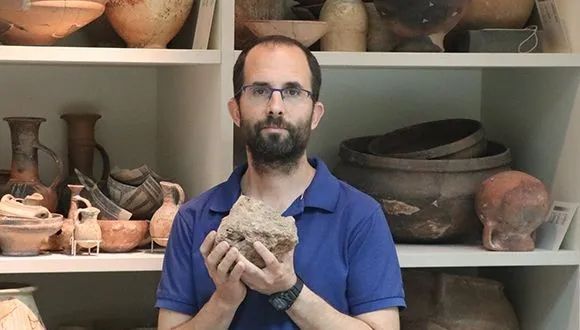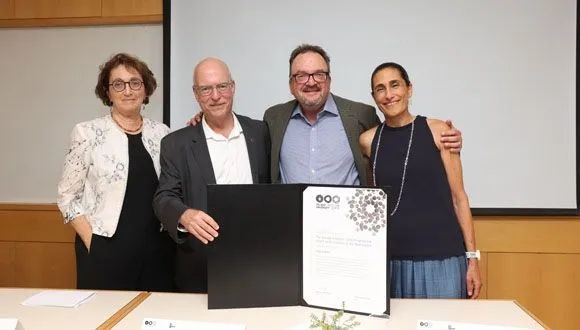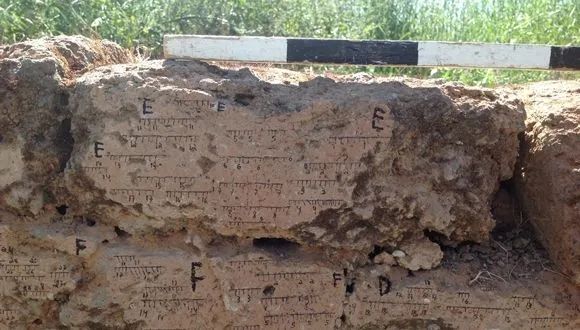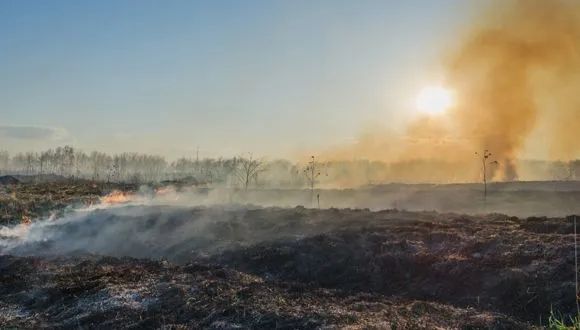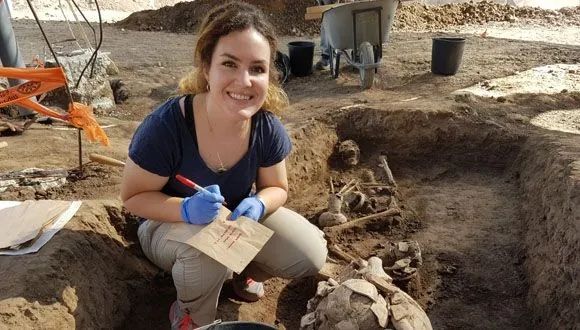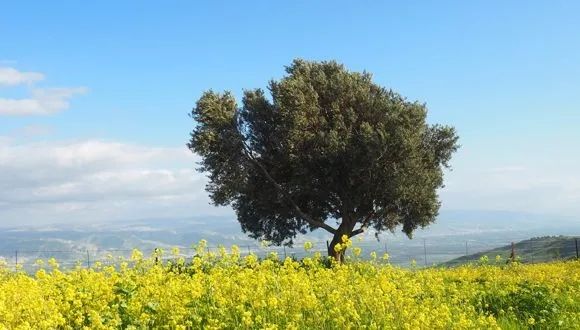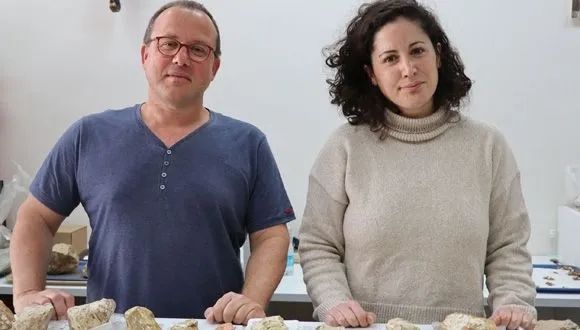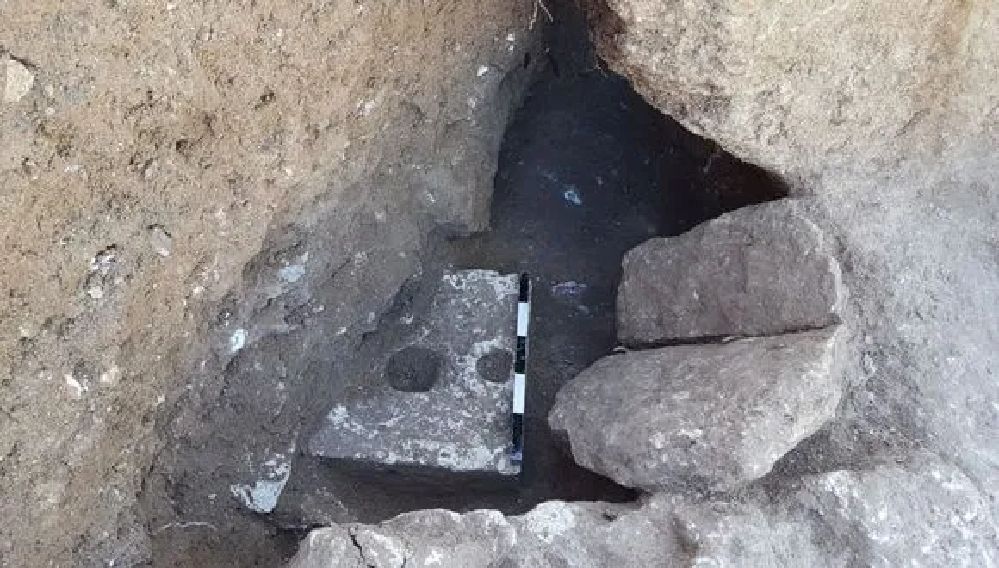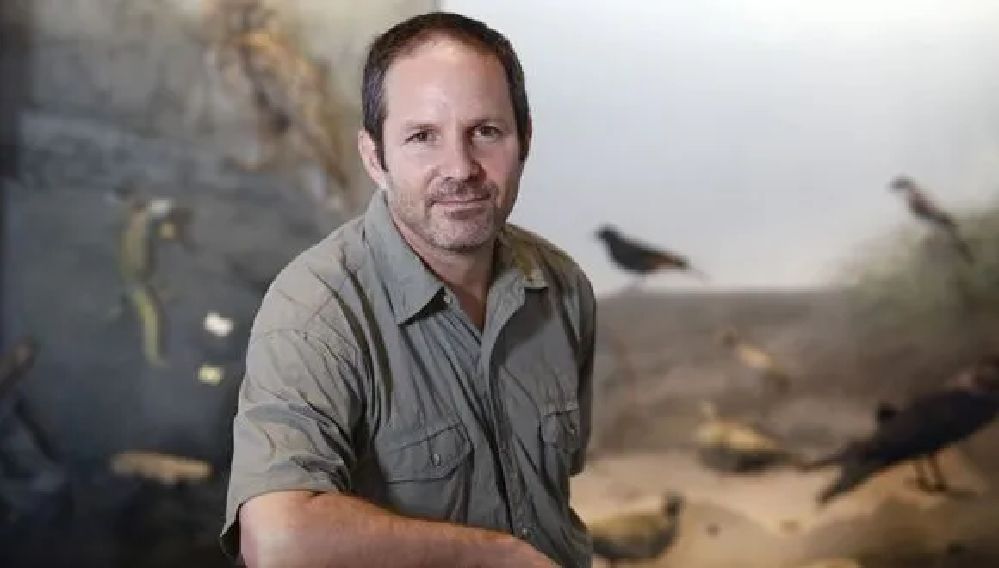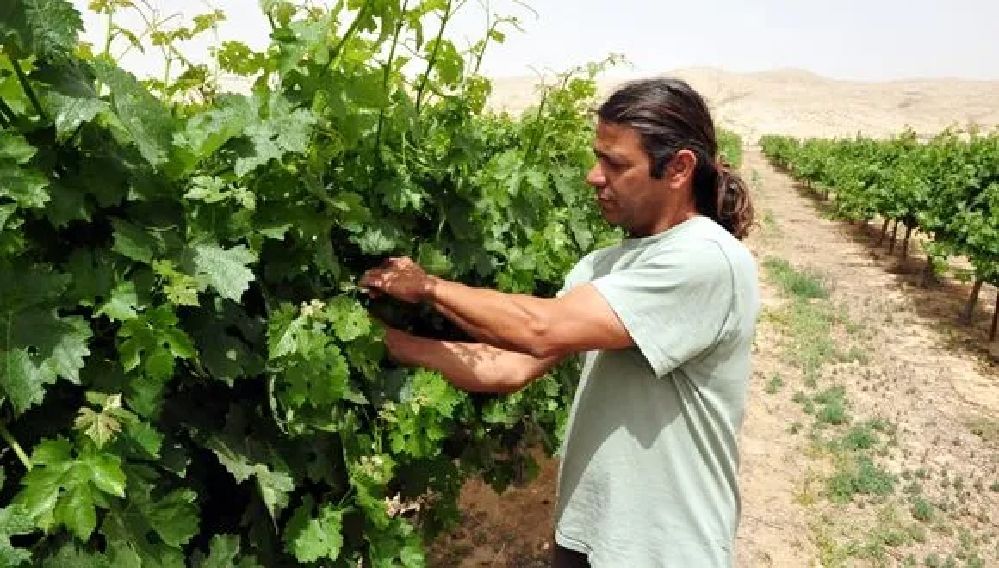A new international study, which included researchers from Tel Aviv University and the Israel Antiquities Authority, reveals significant global trade between India & Southeast Asia and the Land of Israel as early as the 16th century BCE. Traded goods included exotic foods like soybeans, bananas and turmeric – almost one thousand years before any previously known availability of these foods in our region.
The study focused on food remains identified in the dental calculus of people buried at Tel Megiddo and Tel Erani (near Kiryat Gat). Examination of the teeth, dated from the 16th century BCE at Megiddo and the 11th century BCE at Tel Erani, revealed traces of various foods, including foods from Southeast Asia, such as soybeans, bananas and turmeric.
The study, led by Prof. Philipp Stockhammer of the University of Munich, involved researchers from institutions around the world. TAU was represented by Prof. Israel Finkelstein and Dr. Mario Martin of the Jacob M. Alkow Department of Archaeology and Ancient Near Eastern Cultures; and the Israel Antiquities Authority was represented by Dr. Ianir Milevski and Dmitry Yegorov of the Excavations, Surveys and Research Department. The findings were published in the PNAS journal in December 2020.
The researchers explain that when we picture the market of the city of Megiddo 3,700 years ago, we think of local foods like wheat, dates and sesame seeds, and sure enough, ancient proteins and microfossils from these staple foods were found in the examined jawbones. However, alongside these expected findings, traces of soybeans, bananas and turmeric were also discovered.
According to the researchers, this is the earliest evidence of soybeans, bananas and turmeric found anywhere outside of Southeast Asia. The discovery pushes back the earliest known availability of these foods in the Land of Israel and the Mediterranean Basin by centuries (turmeric) and even a thousand years (soybeans). This means that long-distance trade in exotic fruits, spices and oils was conducted between Southeast Asia and the region of the Land of Israel, through Mesopotamia or Egypt, as early as the second millennium BCE – namely, globalization in the Bronze and early Iron Ages. Clearly, no bananas would have survived the journey from Southeast Asia to Megiddo, and therefore we can assume that these were delivered and consumed as dry fruits.
“This is clear evidence of trade with southeast Asia as early as the 16th century BCE – much earlier than previously assumed,” explains Prof. Finkelstein. “Several years ago, we found similar evidence of long-distance trade: molecular traces of vanilla in ceramic vessels from the same period at Megiddo. Yet very little is known about the trade routes or how the goods were delivered.”
“One surprising find in our excavation at Tel Erani was a cemetery from the Early Iron Age – about 3,100 years ago,” report Dr. Ianir Milevski and Dmitry Yegorov of the Israel Antiquities Authority. “In some tombs we found families buried together, children alongside their parents. We also found burial offerings – bowls, jugs and pitchers buried with the dead, for their use in the afterlife. In some vessels, we found animal bones, mostly the remains of sheep and goats, intended as food for the dead. We plan to further investigate the vessels, in search of remains of bananas and sesame seeds similar to those found in the teeth of the people buried with them. Dr. Milevski and Yegorov added that they are collaborating with Prof. Stockhammer, in testing the DNA in the human bones, in an attempt to understand who these people were and where they came from.”
Soy was first domesticated in the region of China in the 7th millennium BCE. The banana, domesticated in New Guinea in the 5th millennium BCE, arrived in West Africa 4,000 years later, but until now no indication was found of any earlier appearance of this fruit in the Middle East.
Turmeric and soy proteins were discovered in the jawbone of one person in Megiddo, and banana proteins were found in two jawbones from Tel Erani. Thus, we cannot determine just how accessible these foods were to anyone from any social class. The researchers assume that the jawbones probably belonged to people of relatively high social status in the city-state of Megiddo. This is apparent from the structure of the tombs and the offerings placed in them. In addition, the researchers found evidence of the consumption of sesame seeds in jawbones from both Megiddo and Tel Erani, indicating that this was a significant component of the local cuisine as early as the second millennium BCE.
“Our study demonstrates the immense possibilities embodied in the incorporation of the exact and natural sciences into modern archaeological research,” concludes Prof. Finkelstein. “Traditional archaeology, which may also be called macro-archaeology, provides data visible to the eye – such as buildings, pottery, jewelry and weapons. A whole world of other data, of critical importance, is revealed only under the microscope and by using advanced analytical methods.”

